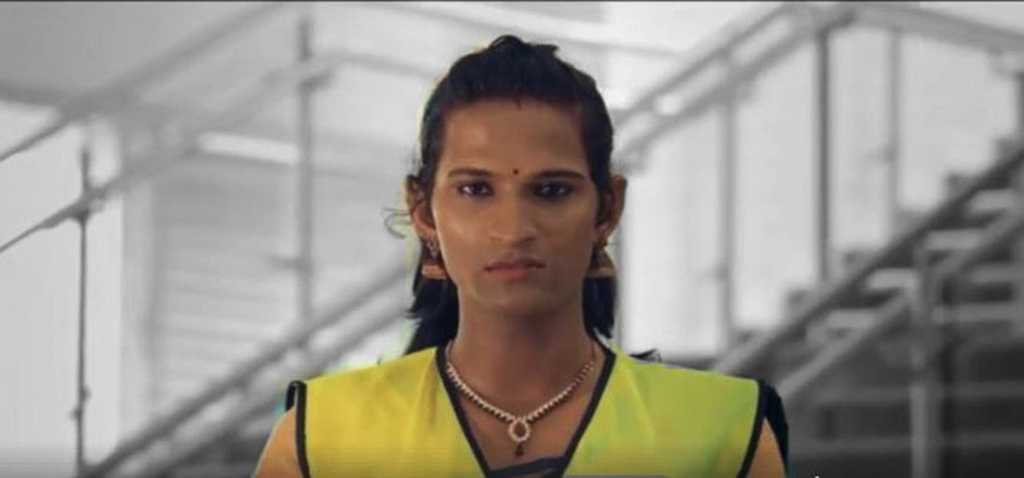The Indian bureaucratic system is such that every time someone fills up a form, they have to tick between the two options given, Male/Female. But in addition to the above two, there is a silent community which continues to be sidelined for not belonging to the genders socially acceptable to the Indian society.
It is reported that an approximate of 5 million of the Indian population belongs to the third gender (Eunuch’s) or Hijras, as they are popularly known. It’s not only the OBC’s, SC’s and ST’s which form as the weaker section but also the transgenders, which over the centuries haves faced massive oppression and subjugation. And though with the Supreme Court Judgment recognizing them legally as a third gender and the present government taking steps to improve their status in the society,( with the implementation of the Rights of Transgender Persons Bill, 2014), India has a long way to go before it can proudly claim to be a socially inclusive country.
Transgender persons today are shunned and banished by their families, left to fend for themselves.
With a very restricted access to any social avenues be it education, profession or health care, transgender persons form the lowest strata of the society due to manufactured circumstances by none other than their own people.
These individuals live lives in the shadows of their dreams, demonized for causes and reasons for which they are not even responsible for.
But rather than letting them languish in their anguish, the country has to take concerted steps to bring them into the main stream by providing them with avenues which would make them interact with the rest of the citizens. One of the areas which could be exploited and which would benefit the government as well as the citizens would be the induction of Transgender personnel into the police forces. Possessing a superior physique, eunuchs can be successfully integrated in the police force or the railways, rather than making them beg for their livelihood or to indulge in prostitution.
Transgender persons through appropriate schemes may also be made eligible for selection in the Armed Forces, giving them an opportunity to serve the nation. The benefits of passing resolutions to this effect would bear unprecedented unified progress of all genders alike. As is widely known and by the precedents set, the armed forces are against the inclusion of the third genders, in the forces and the government would have to pass a ‘Transgenders Inclusion Bill’ to make them eligible for selection in the forces. Not many Hijras have the opportunity to replicate the success of Manabi Bandopadhyay (India’s 1st Transgender college principal in Kolkata), Lakshmi Narayan Tripathi (Transgender activist) or Apsara Reddy (journalist), for which the government needs to take concrete steps to facilitate their rehabilitation across all fields of professions be it teaching, research or helping them set up their own business. The induction of these individuals in government organisations would benefit the community greatly, bringing them on par with the rest of the population. Hijras have been sidelined into obscurity for way too long, and justice needs to be served to them on priority.
Additionally, a conscious effort on our part (as citizens of the world’s biggest democracy) to be sensitive and responsive towards their cause would play an important part to speeden up this process of change which is has been in a motion of transgression for ever.
